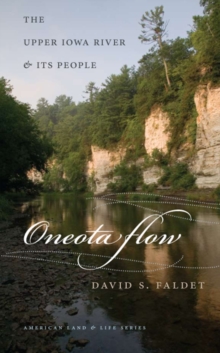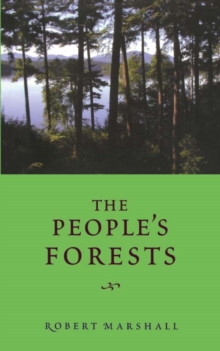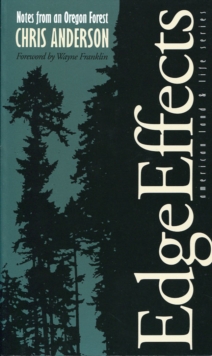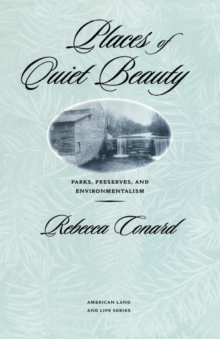
A Place for Dialogue : Language, Land Use, and Politics in Southern Arizona PDF
by Stevens Sharon McKenzie Stevens
Part of the American Land & Life series
Description
In A Place for Dialogue, Sharon McKenzie Stevens views the contradictions and collaborations involved in the management of public land in southern Arizona—and by extension the entire arid West—through the lens of political rhetoric. Revealing the socioecological relationships among cattlemen and environmentalists as well as developers and recreationists, she analyzes the ways that language shapes landscape by shaping decisions about land use.
Stevens focuses on the collaborative Sonoran Desert Conservation Plan initiated by Pima County, Arizona, the ubiquitous use of scientific argument to defend contradictory practices, and the construction and negotiation of rancher/environmentalist identities to illuminate both literally and metaphorically the dynamics of land use politics. Drawing specifically upon extensive interviews with a diverse array of agents on all sides of the debate—ranchers, environmentalists, scientists, land managers, government officials—on historical narratives, and on her own conflicting experiences as someone who grew up with those who work the western lands, she demonstrates that it is possible to use differences to solve, rather than to aggravate, the entrenched problems that bridge land and language.
By integrating her richly textured case study of a fragile region with rhetorical approaches to narrative, science-based argument, and collective identities, Stevens makes a significant contribution to the fields of rhetoric, land management, and cultural studies.
Information
-
Download - Immediately Available
- Format:PDF
- Pages:240 pages
- Publisher:University of Iowa Press
- Publication Date:01/05/2007
- Category:
- ISBN:9781587297656
Information
-
Download - Immediately Available
- Format:PDF
- Pages:240 pages
- Publisher:University of Iowa Press
- Publication Date:01/05/2007
- Category:
- ISBN:9781587297656










